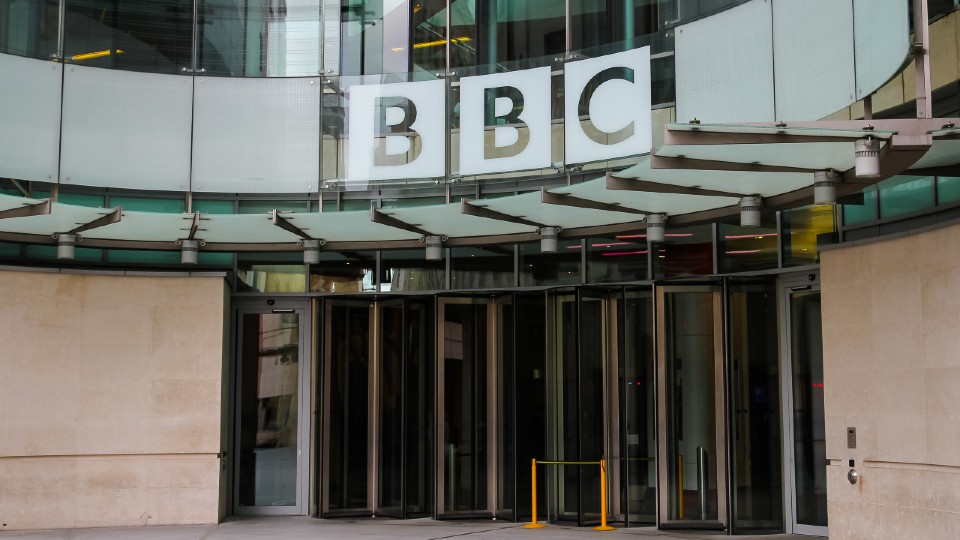In a world of fake news and disinformation, factchecking claims and the veracity of images has become an important part of impartial journalism. People invest their trust in information sources they believe are accurate.
With this in mind, the BBC launched its Verify service in May 2023. Its more than 60 journalists routinely factcheck, verify videos, counter disinformation, analyse data and explain complex stories.
Then in June 2025, the BBC launched Verify Live, a blog that tells audiences in real time what claims they are investigating and how they are being checked.
At the Cardiff School of Journalism, Media and Culture at Cardiff University we have been monitoring BBC Verify since its launch. And we have systematically tracked the first month of BBC Verify Live from June 3-27 this year, examining all 244 blog posts as well as the hundreds of claims and sources that featured.
We’ve found that the service places a heavy emphasis on foreign affairs. We argue that it could (and should) be used more to factcheck UK politics, enhancing the quality of the BBC’s impartiality journalism and serving the public service broadcaster’s domestic audiences.
Our analysis found international stories made up 71% of all BBC Verify Live coverage. The coverage largely focused on verifying international conflicts and humanitarian crises, from the Middle East and Ukraine to the recent plane crash in India.
This might reflect the large number of major international stories that occurred over the first month of BBC Verify Live’s launch. But the emphasis on foreign news was also evident in our analysis of the main BBC Verify service over the last 18 months. We monitored how much the factchecking service appeared on the BBC’s News at Ten, and found it was used more often in coverage of foreign affairs.
One exception was during the 2024 general election campaign, when BBC Verify was used to challenge politicians’ claims, and scrutinise policies around migration and the economy. BBC Verify has also covered recent major political developments, like the budget and announcements of flagship government policy.
The emphasis on covering international conflicts is consistent with its editorial mission to “analyse satellite imagery, investigate AI-generated content, factcheck claims and verify videos when news breaks”. BBC Verify regularly uses satellite mapping and geolocation data, which most newsrooms do not have at their disposal, to factcheck images and social media posts.
However, the resources and expertise Verify has could also be used to more regularly factcheck false or misleading claims in domestic political issues. This could be important to building audience trust at a time when the BBC’s impartiality is regularly questioned, while helping people better understand political debates in the UK.
Our past research with media users suggests they want journalists to be bolder and more transparent when assessing the credibility of politicians’ competing claims. BBC Verify is a logical tool to do this...
The article continues on the Conversation website.

